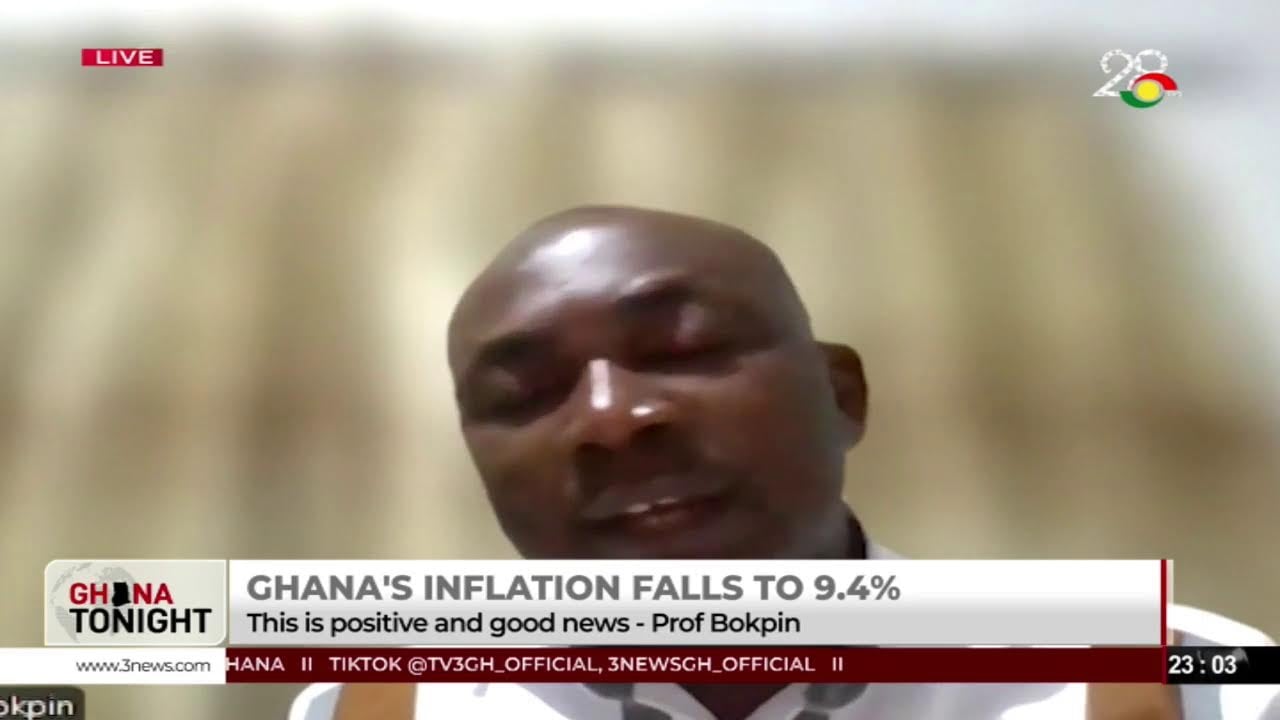


Vice President Professor Naana Jane Opoku Agyemang says approach to development interventions must be evidence and data driven to ensure projects respond to the needs and aspirations of citizens.
She noted that development would be meaningful when communities were given a voice in the setting of priorities.
“We believed that governance must not be restricted to the capital. Governance must reach our districts, our communities and indeed our households,” she said.
The Vice President was speaking at a national dialogue on decentralisation and responsive governance.
The theme for the event was, “Resetting Decentralisation for Responsive Local Governance and Effective Service Delivery.”
She indicated that government through the Inter-Ministerial Coordinating Committee on Decentralisation (IMCCoD) and its secretariat was working on the formulation of a National Decentralisation Policy and Strategy 2026-2030.
The policy and strategy when completed, she noted, would provide a forward-looking framework for transferring power, authority functions, and responsibilities from the central government to the sub-regional level.
Under the Reset Agenda in local governance, government wants to increase the District Assemblies Common Fund, move towards the election of Metropolitan Municipal District Chief Executives, support assemblies to increase their own source revenues and leverage those revenues for private capital and development.
Mr Ibrahim Ahmed, Minister of Local Government, Chieftaincy and Religious Affairs, emphasised the need for coordination between local government authorities, traditional rulers and religious leaders to ensure decentralisation was well implemented.
“When they work in harmony, decentralisation becomes not just a technical process but a people-centered system that delivers tangible improvements to everyday life,” he said.
Mr Gameli Kewuribe Hoedoafia, Executive Secretary of IMMCoD, observed that without adequate financing, strong institutional capacity and robust accountability mechanisms, decentralisation risked becoming a hollow promise, raising expectations among citizens but falling short in delivery
“We must remind ourselves that decentralisation is not an end in itself. It is a means to better governance and improve livelihoods,” he said.
The two days event was attended by some 150 participants made up of representatives from central government, Metropolitan Municipal and District Assemblies, civil society, academia, development partners and traditional authorities, among others.
It is aimed at providing an open and inclusive platform to assess the current state of decentralisation in Ghana, identity challenges and fashion out solutions through consensus building.
Source: GNA
The post Vice president calls for data-driven approach to local development interventions appeared first on Ghana Business News.
Read Full Story


















Facebook
Twitter
Pinterest
Instagram
Google+
YouTube
LinkedIn
RSS